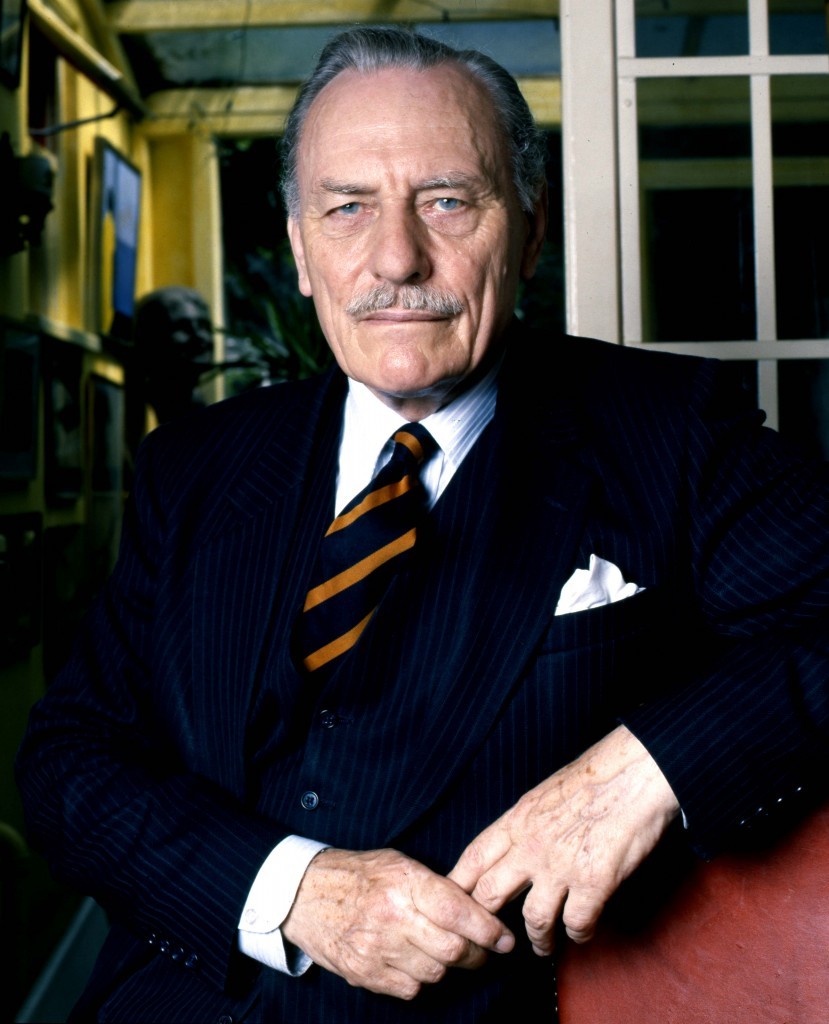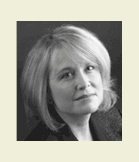When Yegor Gaidar, who with Chubais administered the economic “shock treatment” to the Russian people, died a few months ago, American, Russian, and Jewish financial leaders all expressed their sincere regrets. The official obituaries were all laudatory of the man and his accomplishments, abiding by the traditional sentiment de mortuis nil nisi bonum. The following does not. The distain of the Russian people for Gaidar’s economic and financial policies in the 1990s and a preference for the sentiment veritas omnia vincit compelled alternate obituaries as, for example, the following:
Officially, Yegor Gaidar died unexpectedly on 16 December 2009 of pulmonary edema, provoked by myocardial isochemia, while writing a children’s book in his Moscow home. In November 2006 Gaidar had been found unconscious of an undetermined ailment in County Kildare, Ireland, where he was promoting his new book on economics. He claimed that opponents of the Russian government had poisoned him. Both President Medvedev and Prime Minister Putin honored the man and his works.
Unofficially, an alternate obituary, representing large segments of the opposition, states that Yegor Timurovich Gaidar died of acute alcoholism. The Russian people did not honor him; they loathed him. Under the tutelage of a team of bright young men from Harvard University, Gaidar in partnership with Anatoly Chubais (Director General of the Russian Corporation of Nanotechnologies – Rosnano) administered Jeffrey Sachs’ economic “shock therapy” to the people of the erstwhile Soviet Union. Government officials and bankers (almost all of whom were Jewish) became oligarchs overnight. Ordinary Russians lost whatever meager savings they had managed to accumulate under the Communist regime.
Yegor Gaidar’s acute alcoholism was not a secret to his colleagues, the alternate obituary reports. Boris Nemtsov, for example, once said that Gaidar downed a bottle of whiskey a day. He was drunk most of the time, alienated from his wife and his work. His uncontrolled drinking probably caused his collapse in Ireland. His colleagues in Russia and the West dutifully covered for him, hinting at a sinister poisoning. Another business associate, Petr Aven, President of the Alfa Bank, said that Gaidar began to show symptoms of decline long before his first visit to Ireland.
Nemtsov, this source reveals, half jokingly and half cynically suggested another approach to improve Yegor’s image among the people. He proposed that Yegor appear on Russian TV drinking heavily and munching on a hunk of dark bread so that the people could identify with him and perhaps grow to like him. After all, the Russian people are heavy drinkers and heavy drinking never discredited Boris Yeltsin and Winston Churchill. During the British intervention in 1918 Churchill preferred Armenian cognac. Both remain heroes to the Western democracies.
Chubais, Gaidar’s closest friend, hoped to divert attention from his friend’s alleged poisoning by proposing him for a Nobel Prize for having been a “savior of the motherland.” The idea was not entirely inappropriate, the alternate obit jokes, in that Gaidar’s policies probably did not result in as many deaths as did Nobel’s dynamite. Also, Chubais was concerned that Gaidar’s death might be linked to the injuries and deaths of Aleksandr Litvinenko, Viktor Yushchenko, and Anna Politkovskaya.
Historian Sergei V. Naumov (who is associated with the Don Cassocks All-Russian Orthodox Patriotic Organization “Black Hundred” whose program aims to revitalize Orthodoxy in Russia) suggests that Gaidar’s alcoholism was most probably hereditary by briefly tracing Yegor’s family history:
Yegor Gaidar’s grandmother, Rachel Lazarevna Solomyanskaya, who was married to Arkady Golikov (who wrote under the nom de plume Gaidar) already had a son Timur by an unknown father. Arkady Golikov adopted Timur, but he and Rachel did not live together for long because Golikov, who was mentally unstable and an alcoholic, used to chase Rachel around the apartment with his sabre in a kind of family pogrom. Rachel quickly dropped her famous writer husband and pogromist Arkady (Gaidar) Golikov and left Moscow with her son for far-off Archangel. They never saw each other again, but when Solomyanskaya was arrested in 1938, Arkady, being by then a famous author of children’s books arranged to free her.
Years later Arkady died in the war under unknown circumstances and son Timur eventually graduated from the Nakhimov School. The intelligent Jewish boy knew that with the obscure family name of Solomyansky it would be difficult to make a career. He chose not to take his mother’s name with which he had lived so long, or the family name of his natural father, or the name of his stepfather, but rather in a bold case of chutzpa took his stepfather’s nom de plume — Gaidar.
This bit of cleverness paid off. The son of Rachel Lazarevna was eventually made a rear admiral in the Soviet Navy without ever having commanded a ship. His naval service was spent as an editor on the Red Star newspaper. In the same way he became a member of the Union of Soviet Writers without ever having written a single artistic work. His son Yegor, the recently deceased Gaidar, therefore was born into the highest ranks of the Communist Party nomenclature. He dutifully worked in the offices of Pravda and the magazine Kommunist, on the pages of which he angrily exposed the evils of capitalist market economies. He was not then considered an economist.
When the Communist Party of the Soviet Union began to disintegrate, Yegor Timurovich Solomyansky-Golikov-Gaidar quickly reversed course and became an ardent apologist for all the evils of capitalism that he himself had earlier publicized. In his private life he remained a patriot of his people, marrying Maria, the daughter of the renowned Jewish writer Arkady Strugatsky. The offspring of this felicitous marriage, the liberal Masha, is the founder of the My (We), an anti-Putin “orange” movement.”
Thus, to clarify the genealogy: the beloved author of children’s stories was actually Arkady Golikov, a Russian, who assumed the nom de plume Arkady Gaidar. He married Rachel Solomyanskaya, a Jewish lady, and adopted her son Timur from a previous relationship. His real name should have been Timur Solomyanski, but he took the pen name Gaidar from his stepfather to enhance his career. It worked and Timur Gaidar eventually rose from being a Communist propagandist to become a rear admiral in the Soviet Navy. Consequently, Timur’s son Yegor Gaidar is not a blood relative of Arkady the famed author of children’s books. Yegor’s story shows in microcosm how so many non-Russians, through identity theft and name changing, have been passed off as Russian.
The life story of Yegor Gaidar may be seen as that of a typical present-day dissident Russian Jew. He was born into the comfortable higher ranks of the Communist Nomenklatura by virtue of his father having taken the famous name of Gaidar and parlaying it into the rank of admiral in the Soviet Navy. Both Yegor and his father routinely wrote for Communist newspapers and periodicals during the Soviet era, criticizing the capitalist world and glorifying the communists. Today his co-ethnics refer to him as the “savior of the motherland.” Oy vey!
Caveat: Dissidents must always be listened to, but care must be taken to ascertain whether dissidence is truly justified or simply a euphemism for political or personal gain.







